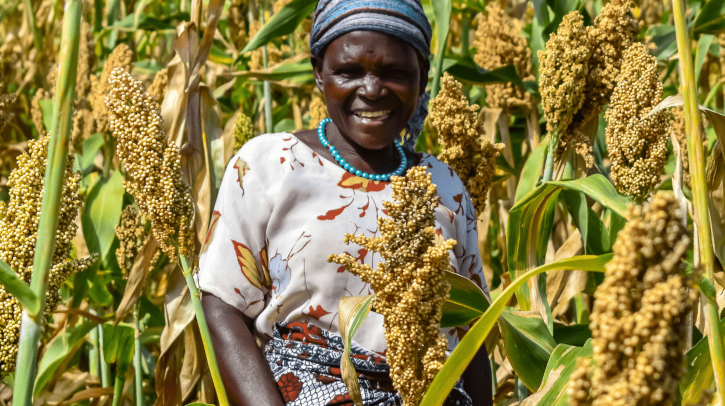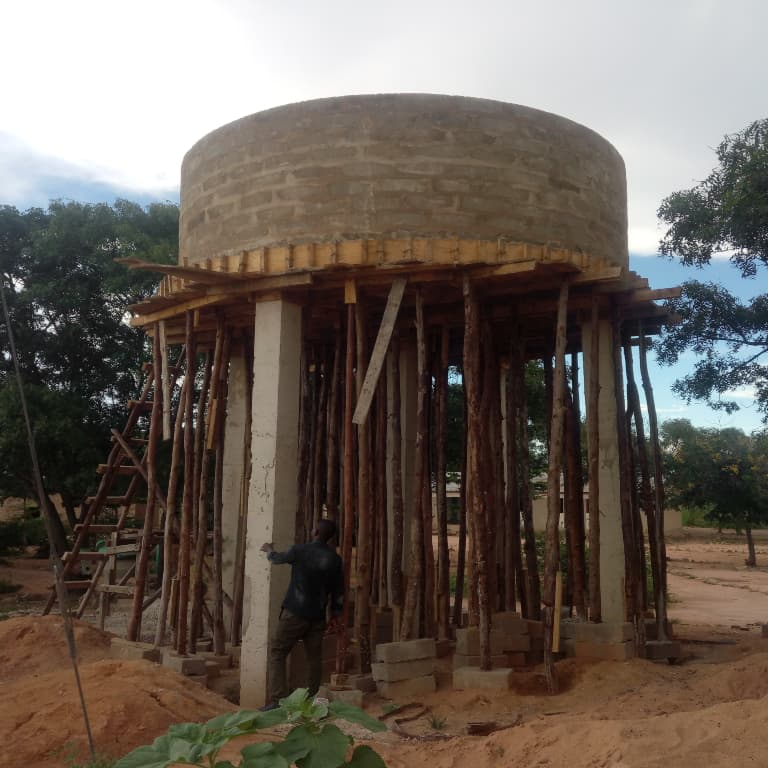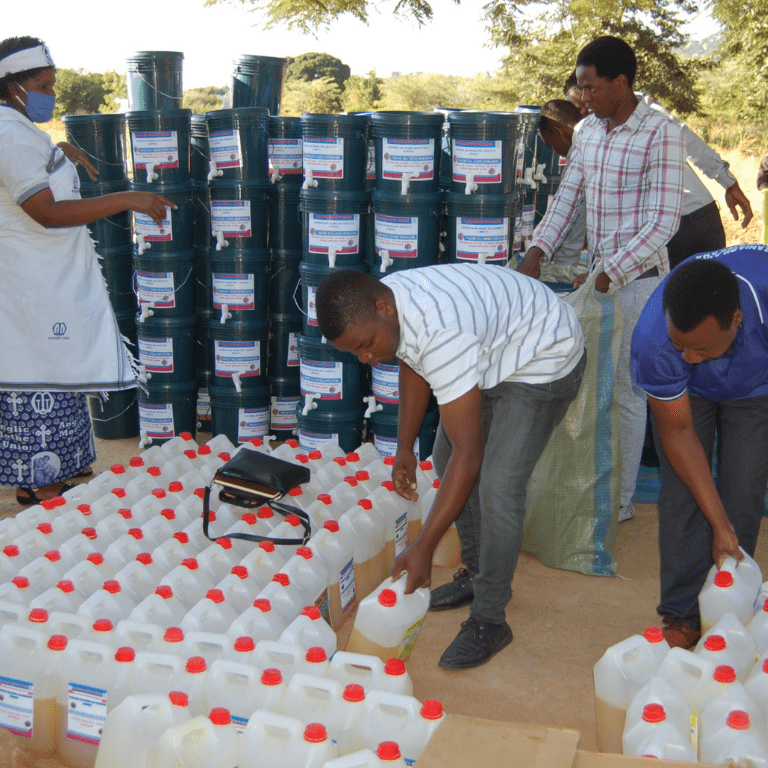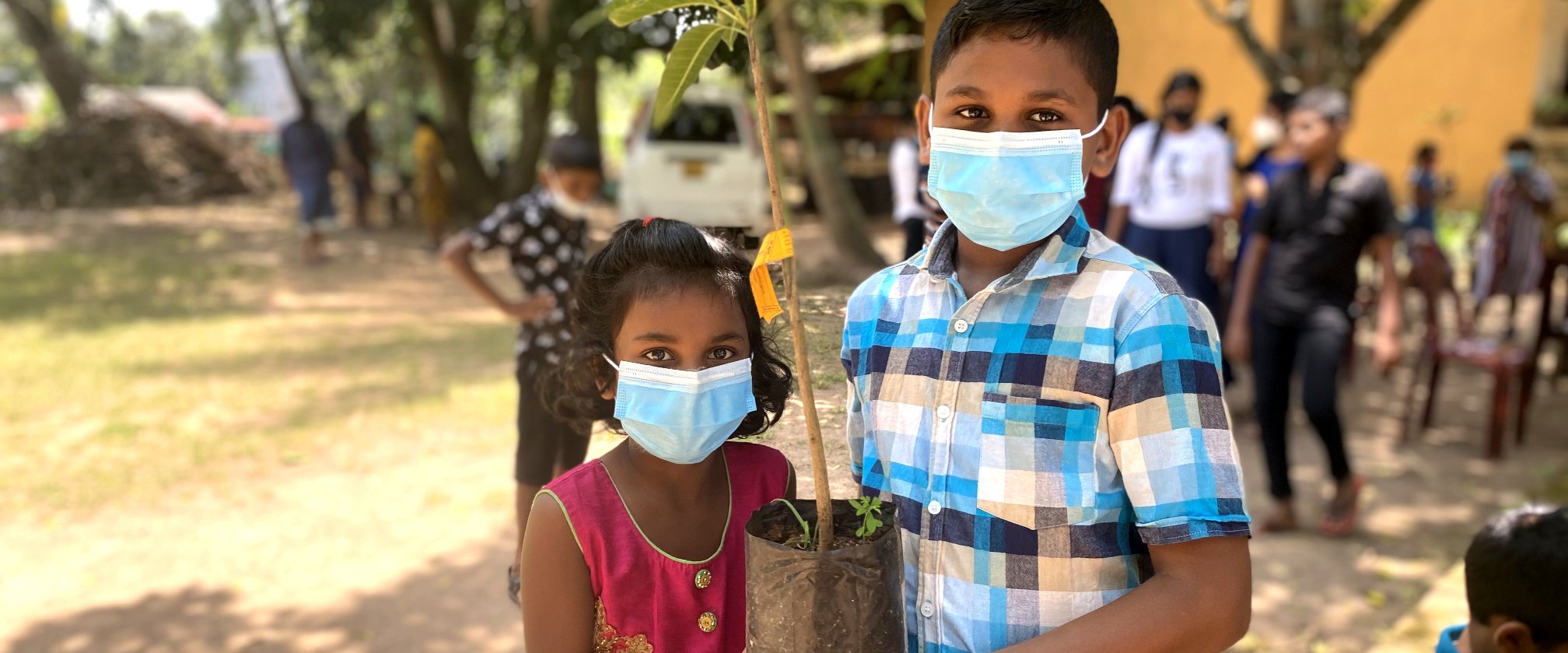
In partnership with CMS-Africa, we promote financial literacy and savings programs for women and youth. These initiatives help participants build financial management skills, access micro-loans and create more stable, resilient futures.

DCT-DSC’s integrated climate resilience program supports farmers facing the harsh realities of drought and climate change. Our programs provide training in conservation agriculture, improved crop storage, and climate-smart farming techniques that boost food security and incomes.
Access to reliable financial services is key to resilience. In rural areas with limited banking options, we’ve helped establish savings groups to build savings, access loans and invest in small businesses.
Additionally, DCT-DSC strengthens community-based water committees to develop and maintain water infrastructure, ensuring reliable access to clean water.

In 2024, when devastating floods triggered by El Niño struck the dioceses of Mpwapwa, Rift Valley, Morogoro and Kiteto, the Anglican Church of Tanzania provided emergency food and shelter support to over 600 people.

